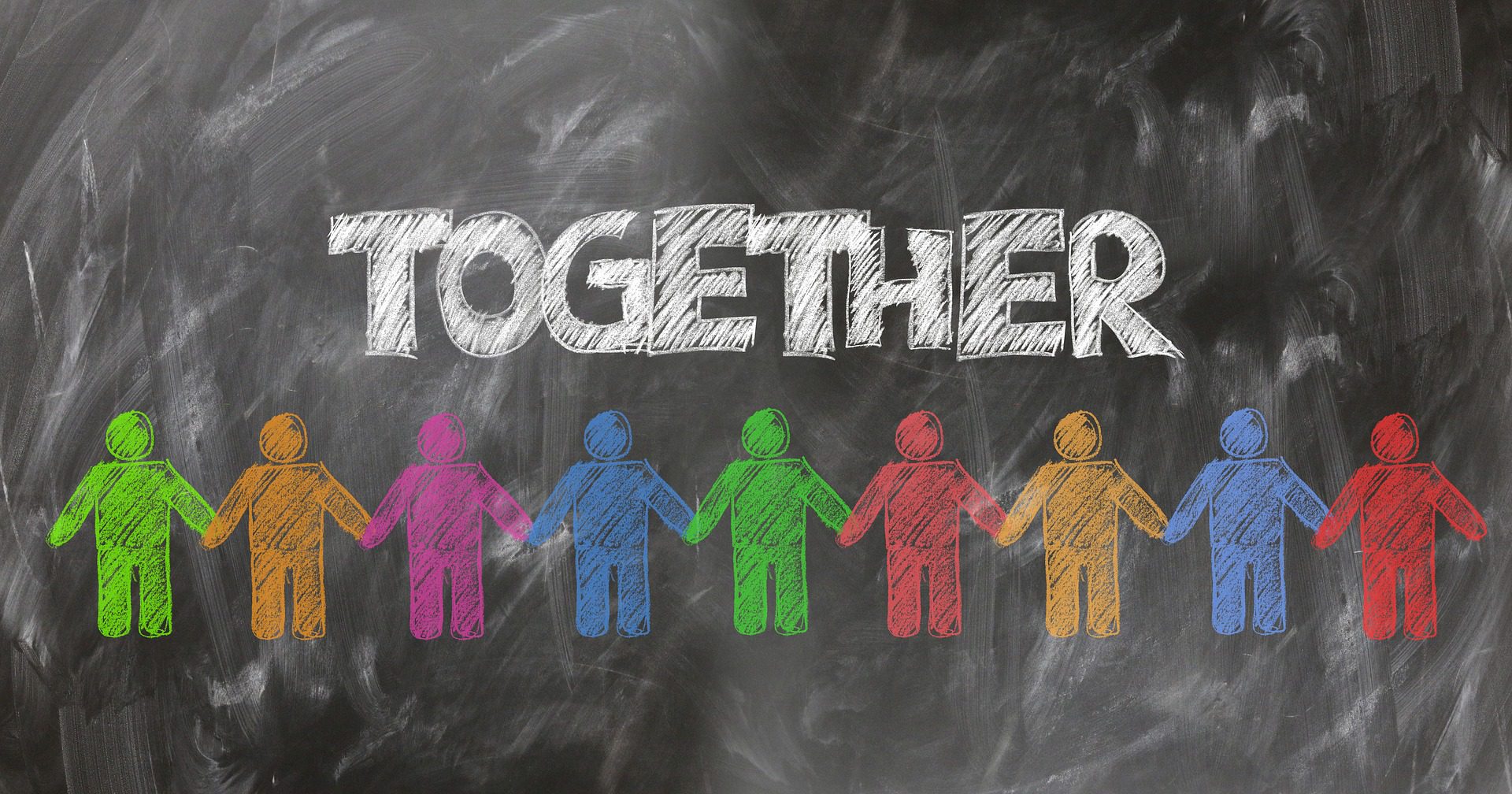By Kary Zarate, Ph.D.
Our debut webinar in our Collaborative Connections series kicked off with a deep understanding of the nuanced roles and responsibilities of various key players involved in a student’s educational career. We laid a groundwork of empathy as the foundation for understanding collaborative relationships and how to create stronger pathways to collaboration, particularly for families that may experience transitions due to military events.
We are All Someone Plus…
Foremost, it is critical that when forging family-to-practice partnerships (FPPs), collaborators approach one another with an understanding of the myriad of roles we each play in our work and home lives. Whether you are a school professional, a family member, or military personnel, we are each someone plus. We each have a role beyond what we are known for in our FPPs. A teacher may also be a father or a caretaker for his parent, and a school liaison on a military base may also be an aunt or the mother to two rambunctious teens. Each of us is pulled in many directions, which can make it difficult to show up to every responsibility at the capacity our collaborative partners desire. Knowing and honoring this allows us to afford each other grace and understanding when collaborations are stressed.
It’s Complex!
When strengthening relationships with military-connected families, we need to consider the complexity of military events and how they may impact the FPP. A family may be experiencing a move related to their service obligations, and for a family entering a new school system or community this already stressful transition can be even more so if collaborators are unclear on how to make connections and provide pathways to success. To deepen your understanding of the various key players within a military-connected student’s school career, take a peek at the Who’s Who document.
The Military-Connected Homeschool Student
Many military families may choose to homeschool because of the complexity of transitions between communities and school systems. For families that homeschool, getting access to needed school resources and community supports poses a unique set of challenges. School liaisons are central in connecting families to community support and school services required to ensure the success of a student. Not only can school liaisons assist with school connections, but they often have a deep understanding of the community, which becomes critical for students trying to reestablish friendships and hobbies.
Record-Keeping for Military-Connected Students
For military-connected students with disabilities, we discussed record keeping and tracking using SCOR, the Special Care Organizational Records tool. This tool can provide a central location for important documents for caregivers. Additionally, for all students, MCEC SchoolQuest is a digital portfolio for a student which can ease records delivery and assist families and schools with keeping track of important deadlines and details for each student.
Commit to Collaboration
Regardless of where a military-connected student is getting their education, it takes committed partnerships to ensure our students receive the supports and services they deserve to ensure their success. And, to do that, we each need to commit to collaborating with empathy and understanding that we’re each somebody plus.















